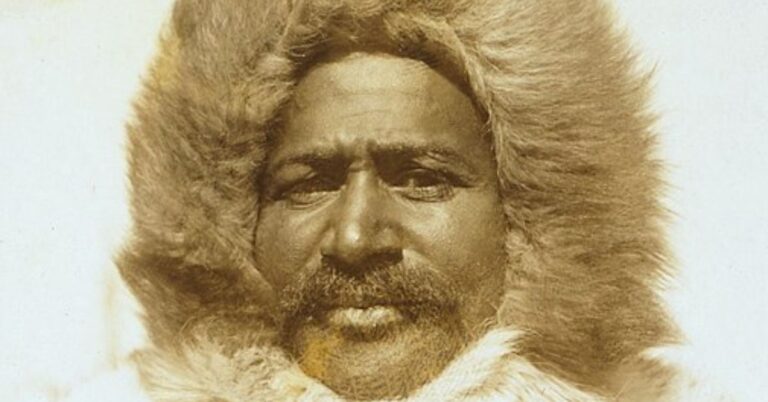5 Biggest Misconceptions Held By The Greatest Minds Of Humanity

Even the brightest thinkers have had their fair share of “oops” moments. Some of history’s most giant brains, from science to philosophy, once believed in ideas that now seem absurd. Here are five surprising misconceptions held by humanity’s most brilliant minds—proof that even geniuses can get it wrong sometimes!
Aristotle Thought The Heart Controlled Thought

For centuries, Aristotle’s ideas shaped the foundations of Western thought. But he missed the mark on one big point: he believed the heart, not the brain, was responsible for thought and sensation. He said the brain was simply a “cooling mechanism” for the blood—a surprising error from one of history’s greatest philosophers!
Isaac Newton Believed in Alchemy

Sir Isaac Newton, widely and correctly considered the father of modern physics, spent a huge part of his life chasing alchemy’s dream: turning base metals into gold. Convinced that mystical transmutations were real, Newton pursued alchemy as seriously as gravity and calculus. Though brilliant, his dedication to this pseudoscience remains a fascinating misstep.
Albert Einstein Rejected Black Holes

Though black holes seem inseparable from modern physics, Albert Einstein wasn’t so sure. He initially believed that black holes—predicted by his own equations—were too strange to exist in reality. Thankfully, he changed his mind later because today’s astrophysics revolves around black holes, with Einstein’s work at its core. Sometimes, even the most revolutionary thinkers overlook their own predictions!
Linnaeus Thought Humans Were Closely Related to Orangutans

Carl Linnaeus, the “father of taxonomy,” revolutionized biology with his system for classifying species. However, he mistakenly grouped humans with all apes, including orangutans and gorillas, assuming they were our closest relatives. While orangutans are distant cousins, humans are much closer to chimpanzees and bonobos—facts unknown to Linnaeus at the time.
Lord Kelvin Declared Physics Was Complete

Lord Kelvin, a leading physicist in the 19th century, once declared that “all major discoveries in physics” were complete. He believed the field had little else to reveal—a misjudgment that came just before quantum mechanics and relativity reshaped our understanding of reality. Kelvin’s overconfidence is a classic reminder to never say never!


